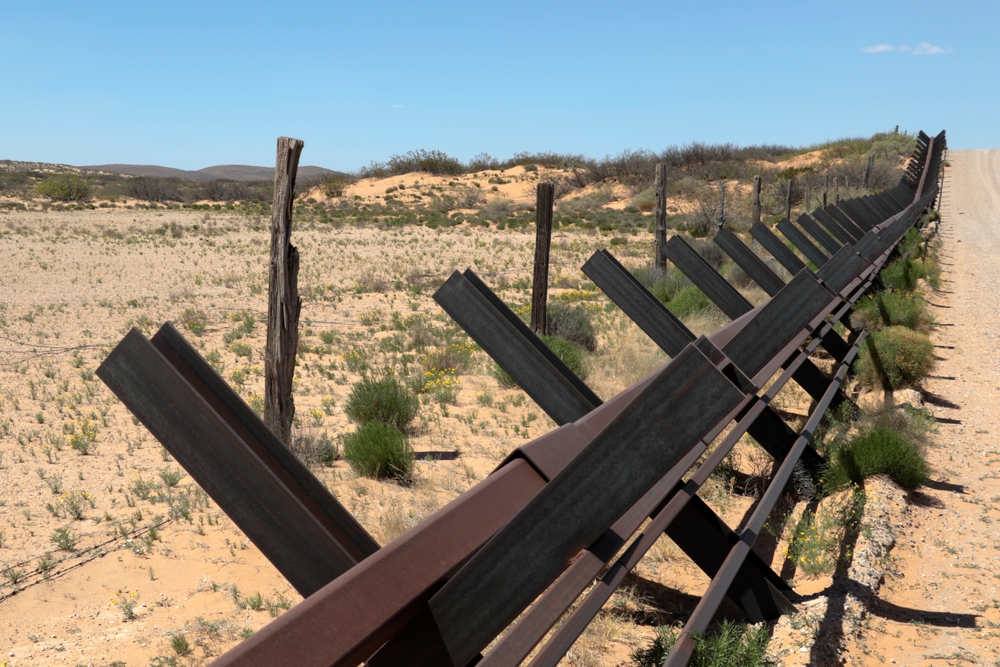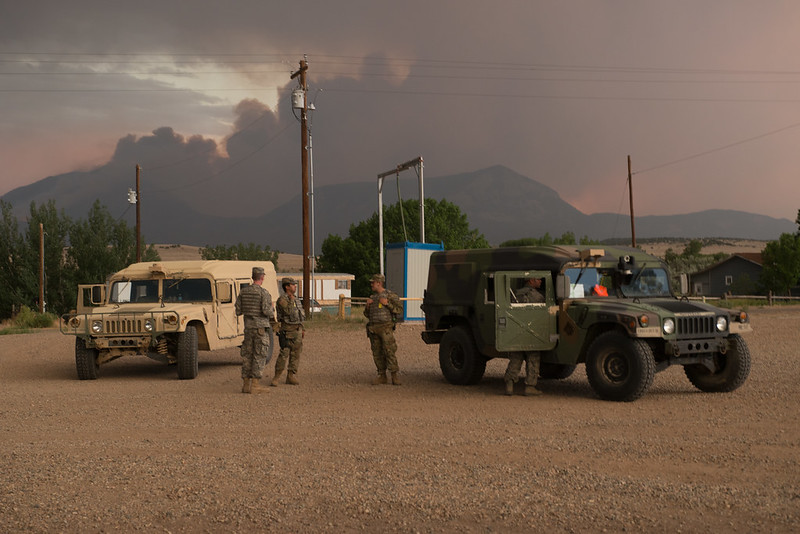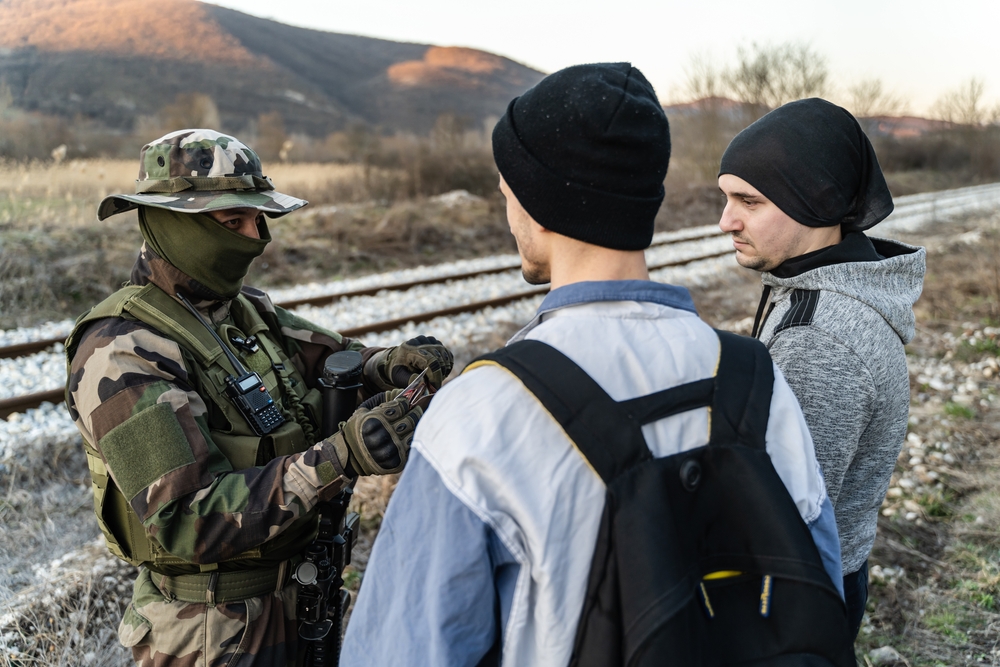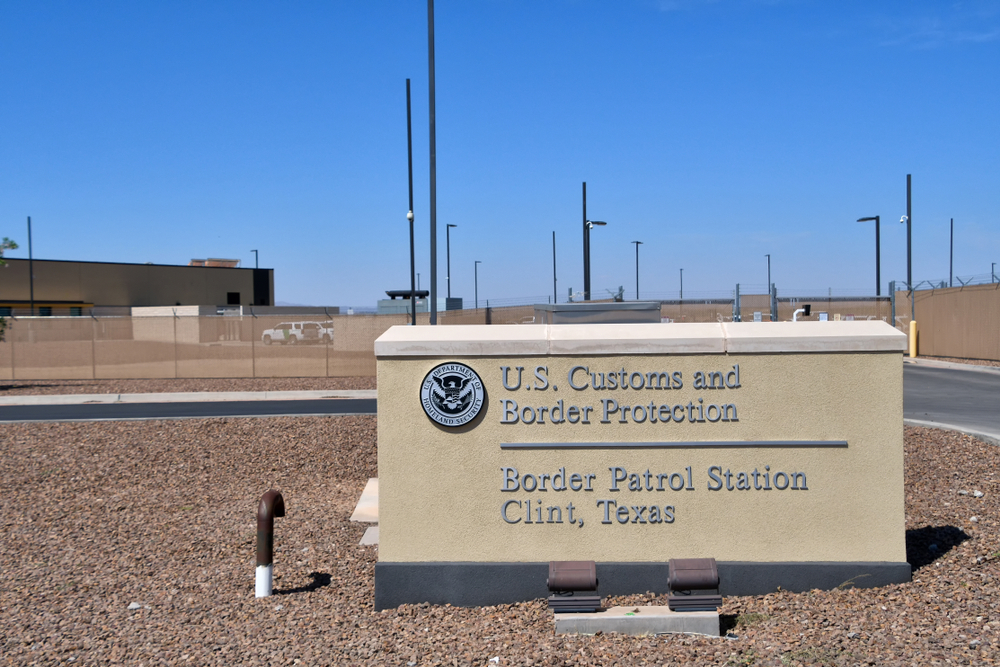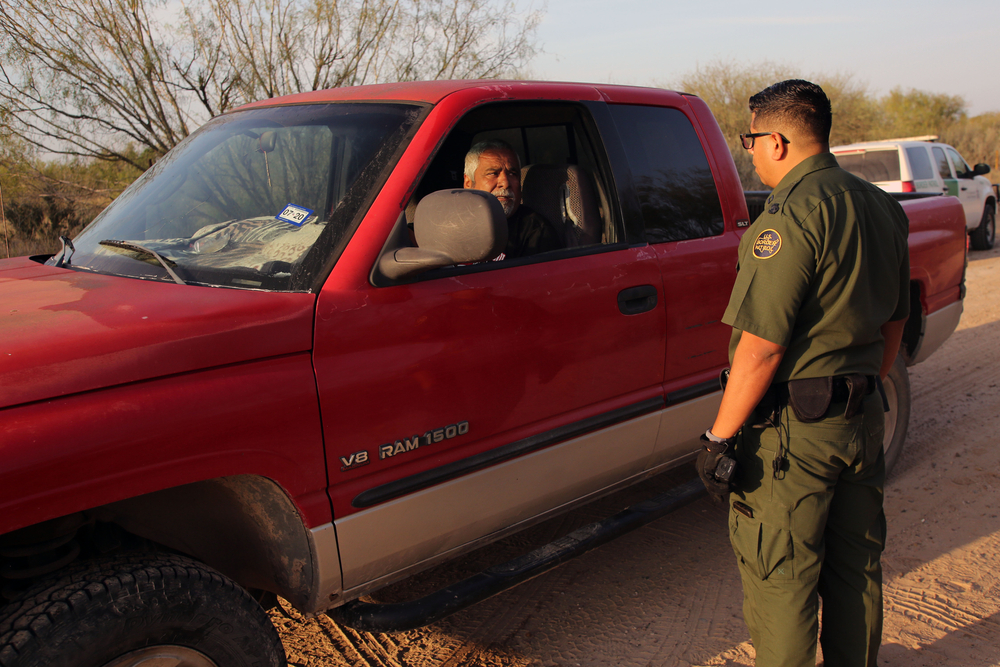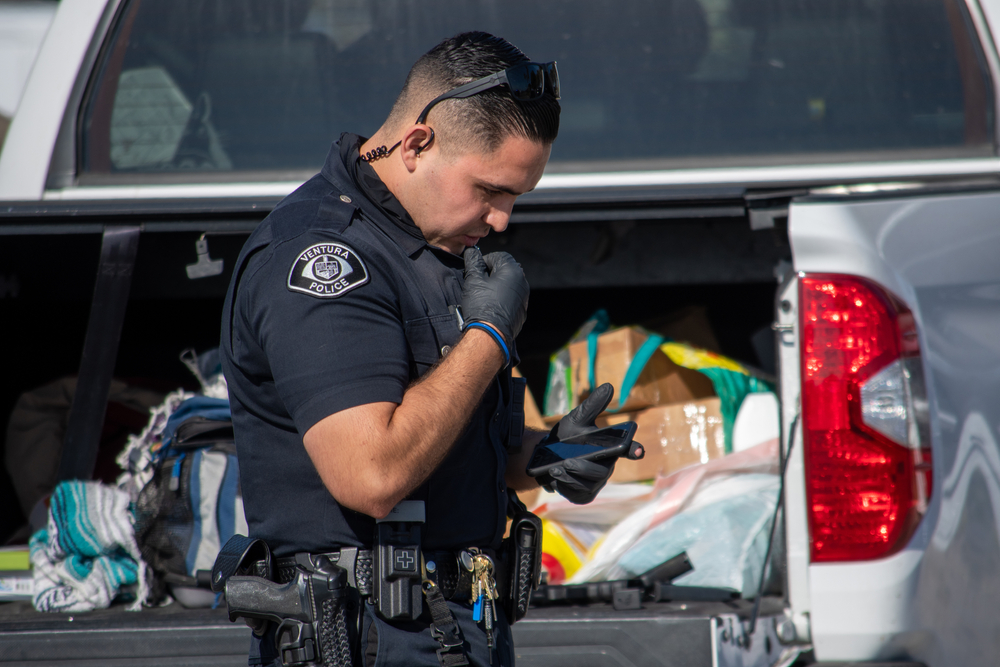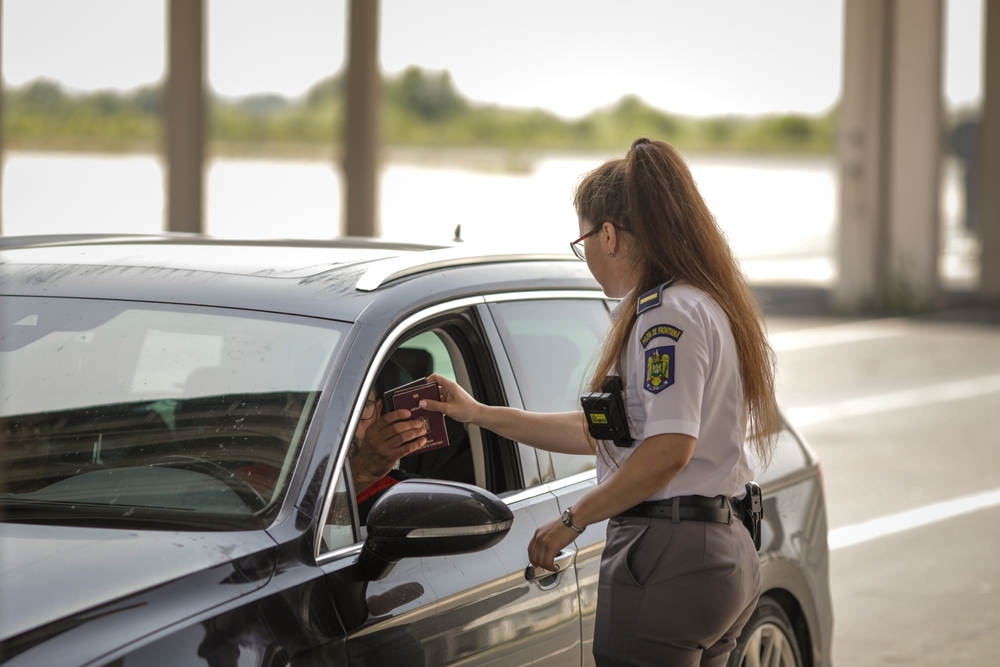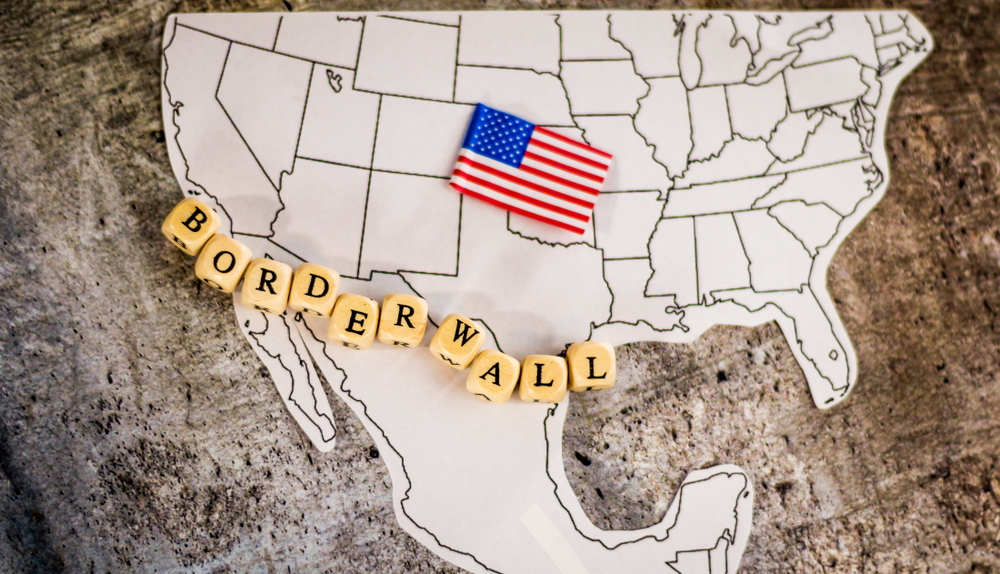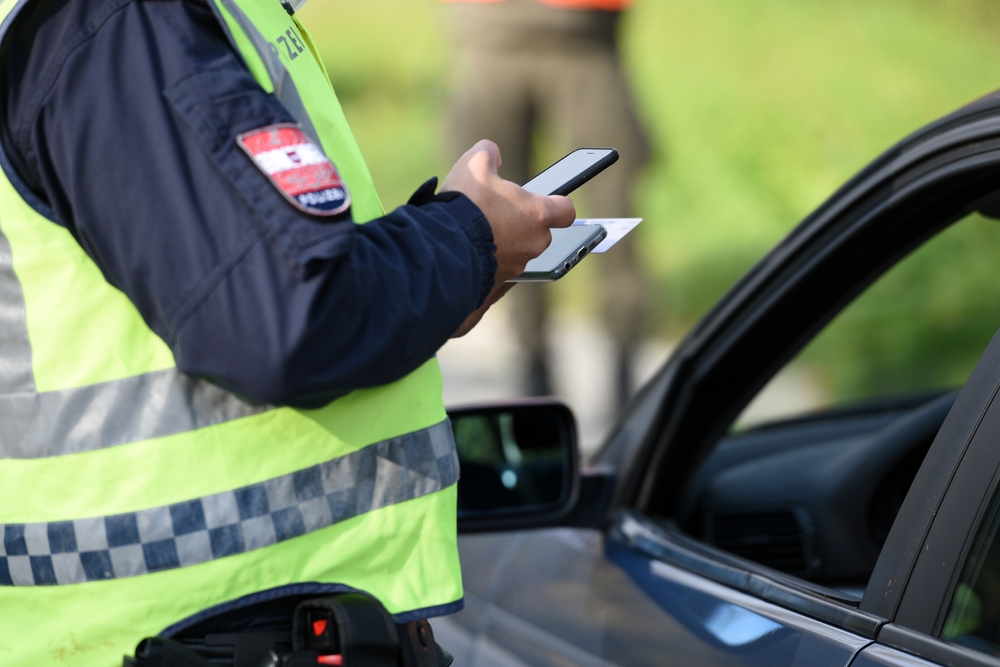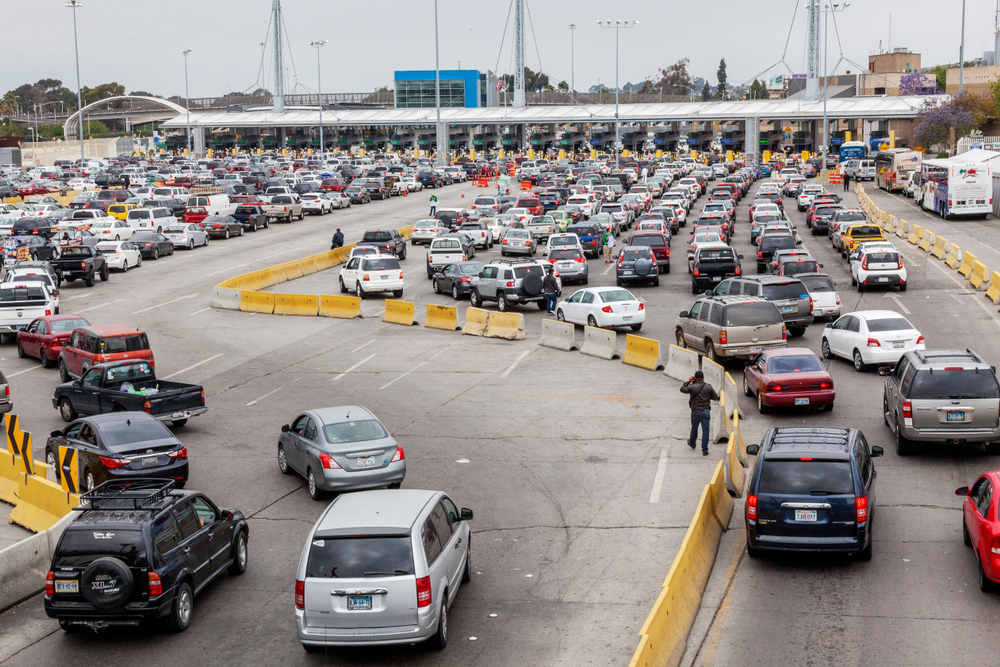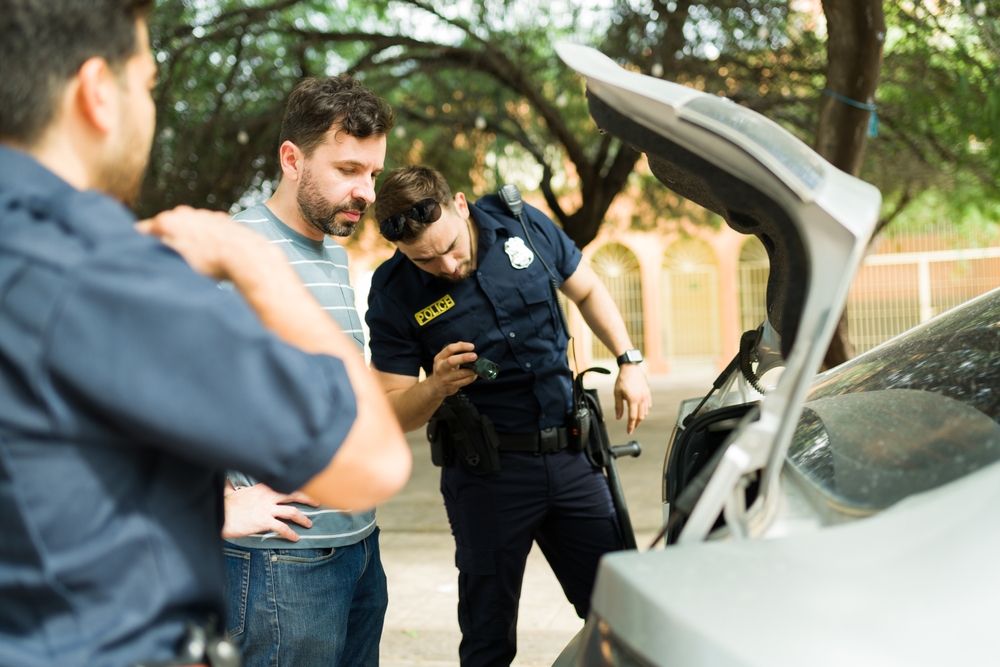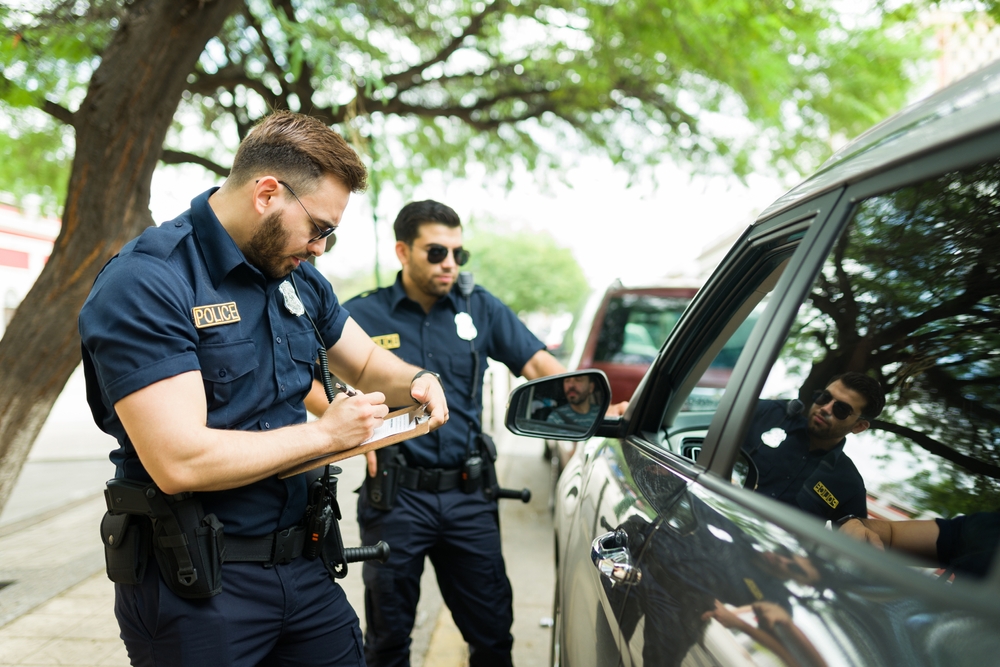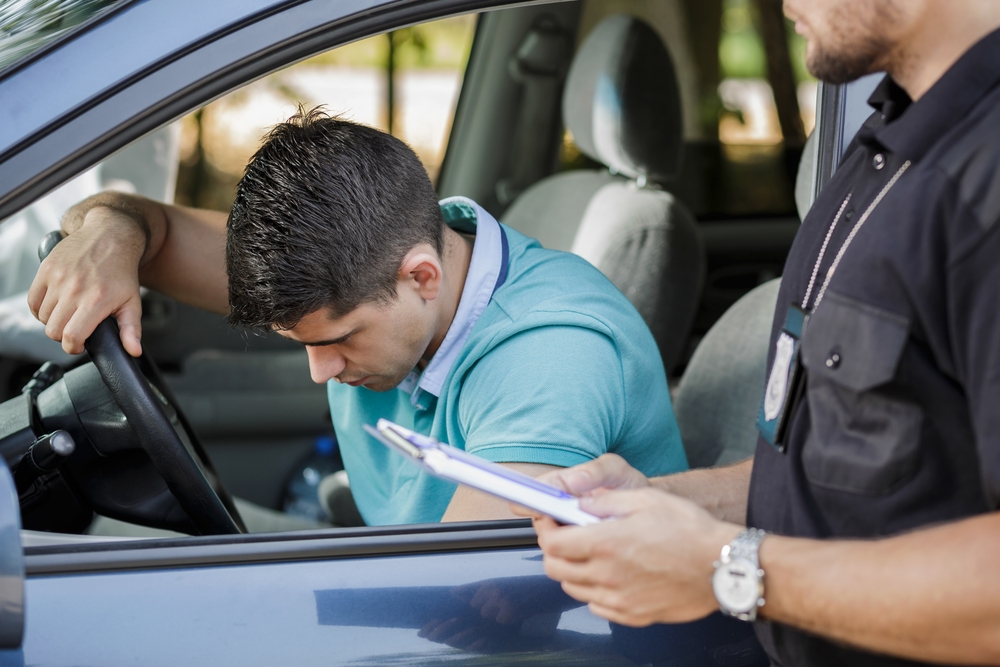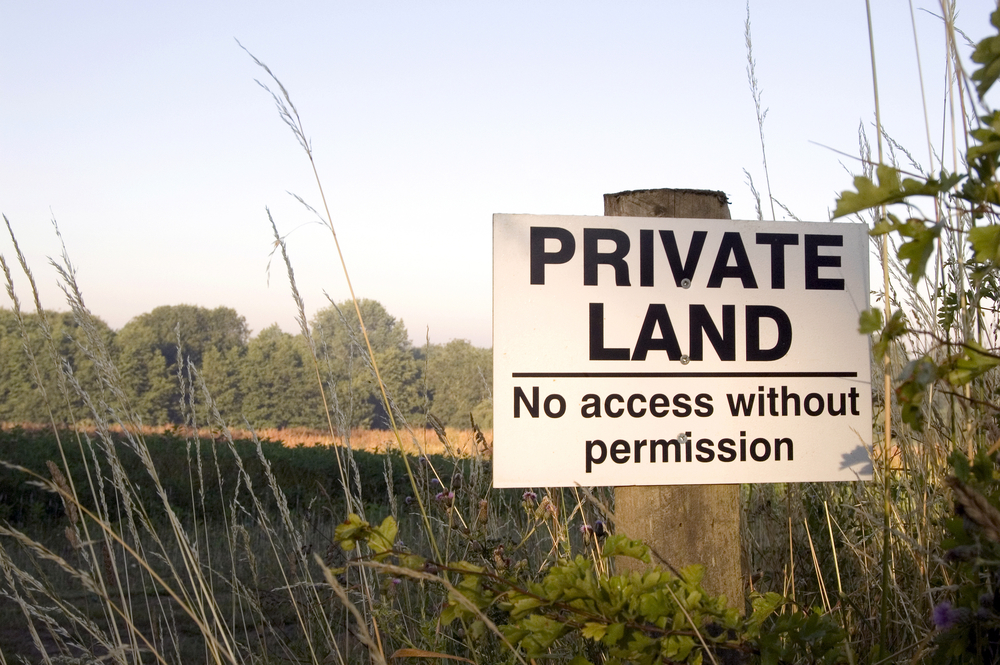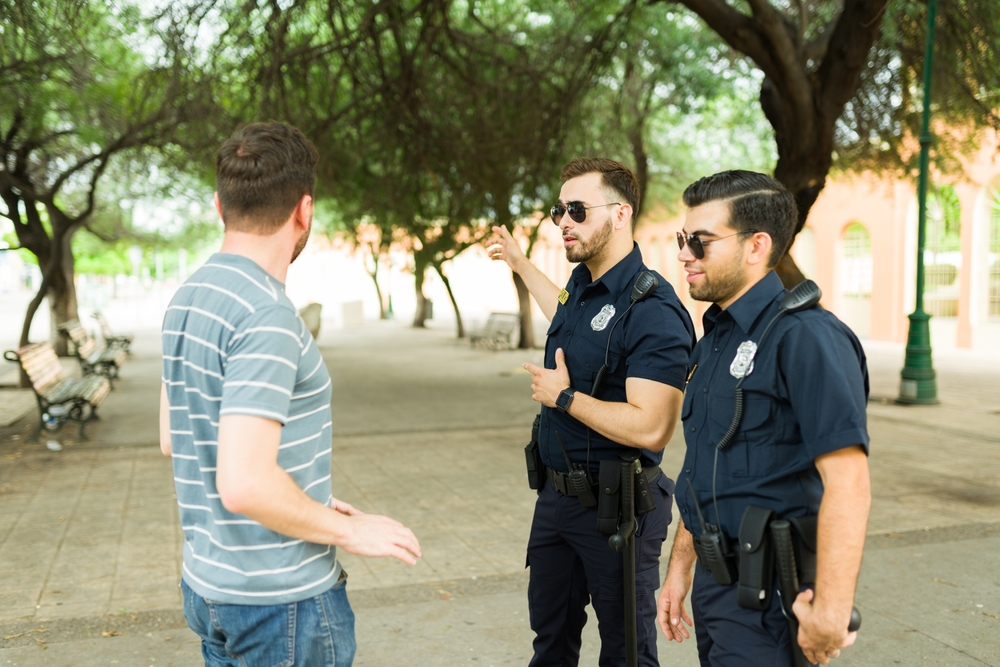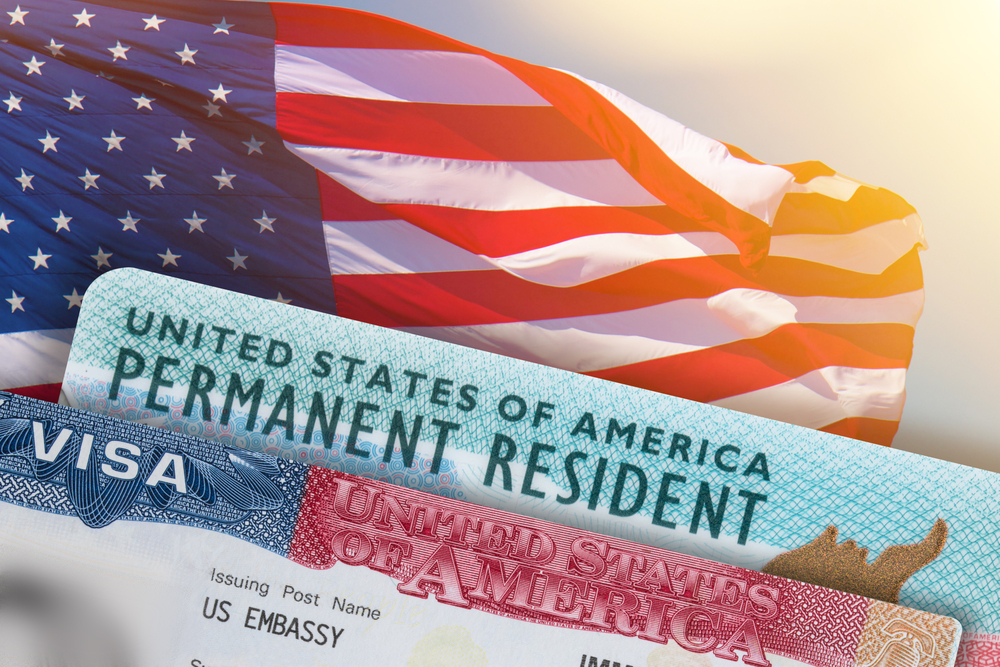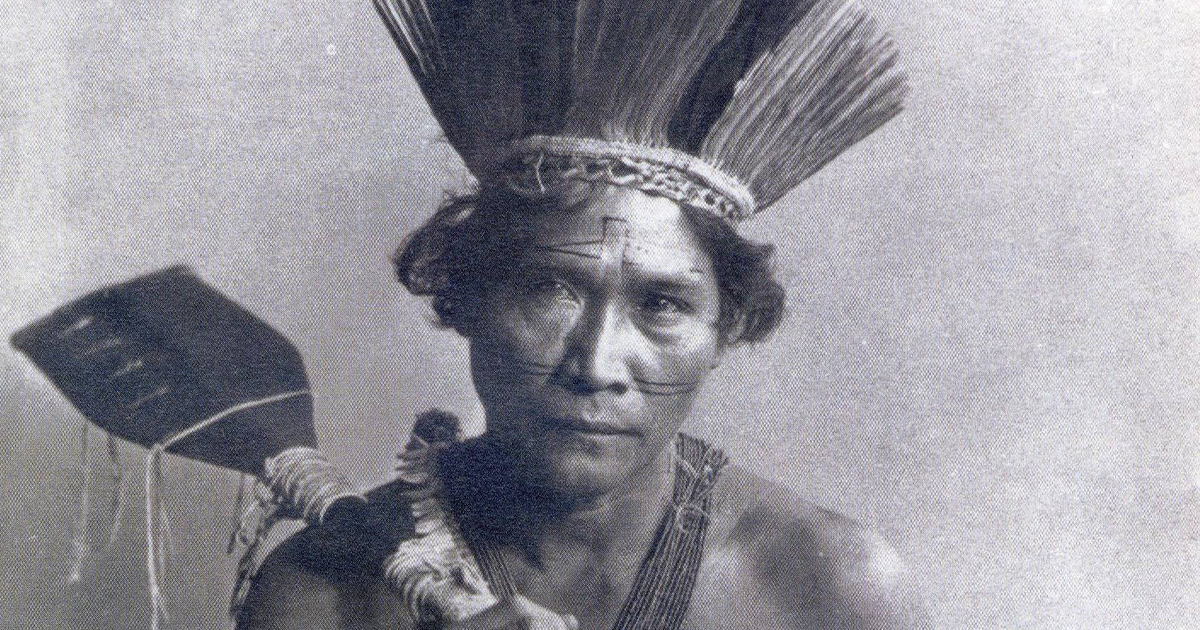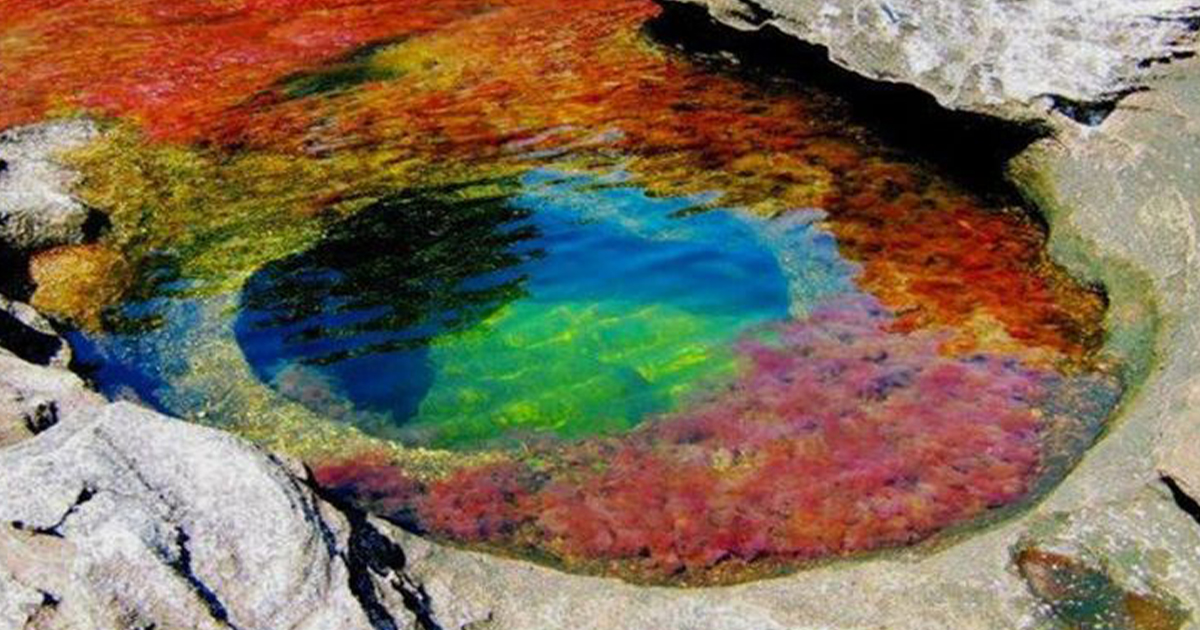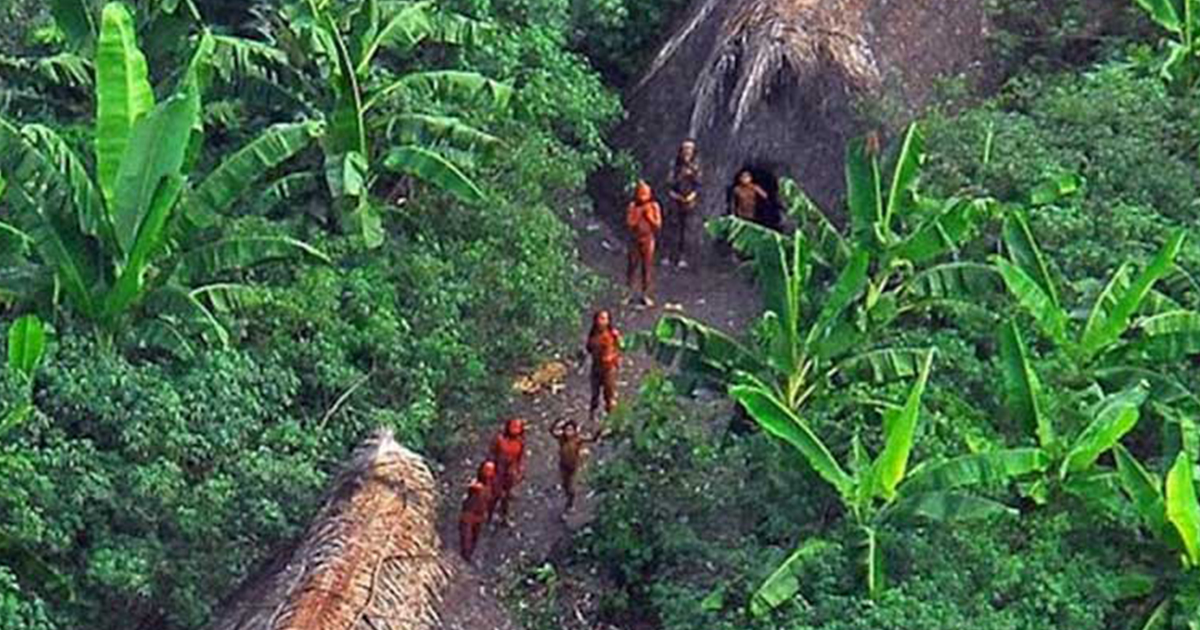For your safety
Understanding U.S. customs and border protection laws is crucial for travelers looking to enter or leave the United States. Having this knowledge not only helps prevent legal problems from arising; but also speeds up border inspections so you can get through quickly and efficiently.
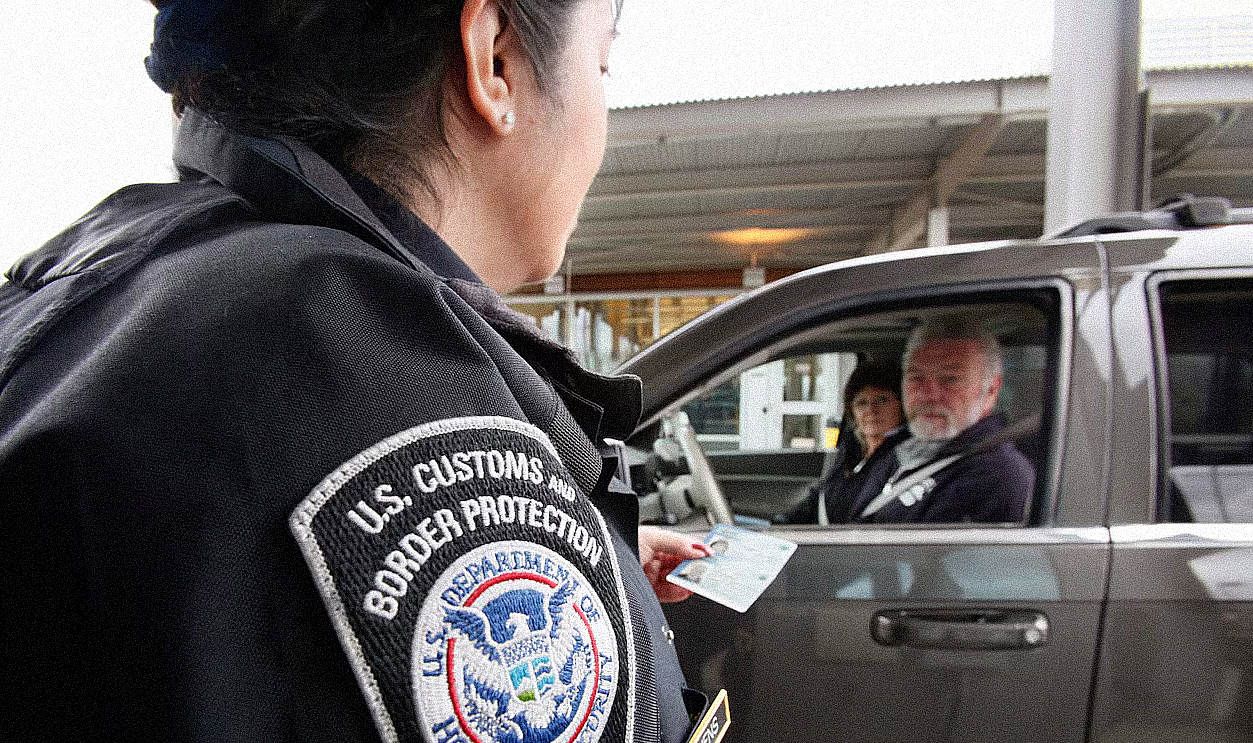
The 100-mile zone
The U.S. Border Patrol has the right to conduct their operations as far as 100 miles inland from the border. This means that travellers within this range may be subject to vehicle stops by roving patrols, stops at checkpoints, and stops at ports of entry.
Roving patrols
Border Patrol cannot pull over vehicles to question the occupants about their immigration status unless they have "reasonable suspicion" to do so.
What counts as reasonable suspicion?
"Reasonable suspicion" would entail an immigration violation or a crime, but it must be more than just a gut feeling.
Be aware of your distance
In general, the further you are from the border, the less likely it is that Border Patrol will have "reasonable suspicion" or an immigration violation or crime to pull you over and question you.
Always ask for the reason
If you are pulled over by Border Patrol, it's within your right to ask for the reason for the stop, and the agents should always be able to provide and explain that reason.
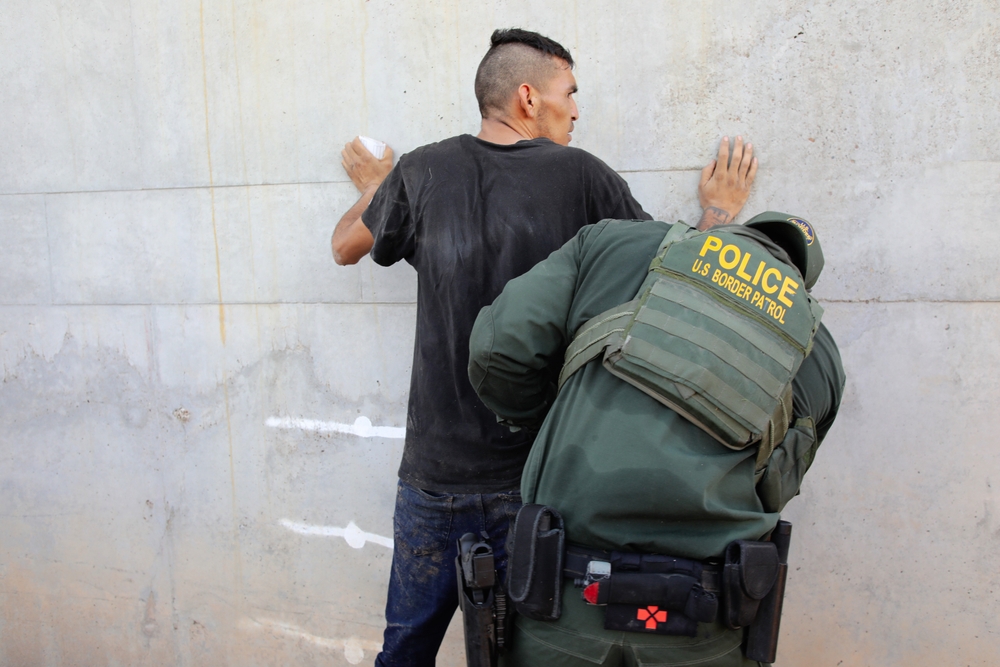
No discrimination allowed
It's illegal for border patrol to justify a stop based on the race or ethnicity of the driver or occupants of the vehicle.
Regarding vehicle searches
Border Patrol cannot search the interior of your vehicle without your consent or "probable cause" to do so. The probable cause must be a reasonable belief that an immigration violation or crime has been committed.
 abu adel - photo, Shutterstock
abu adel - photo, Shutterstock
What counts as probable cause?
Border Patrol with sniffing dogs can obtain probable cause if they are legitimately alerted of the presence of substances.
Document suspicious activity
In a situation where you feel a false claim is made during a vehicle stop, make sure to record the incident as much as possible (unless you are at a port of entry).
 Anastasija Vujic, Shutterstock
Anastasija Vujic, Shutterstock
An important rule to remember
Refusing to consent to a search does not give Border Patrol probable cause to conduct the search.
At checkpoints
Border Patrol may stop vehicles at checkpoints to 1) verify citizenship of the occupants and 2) visually inspect the vehicle's exterior.
Secondary inspection areas
Border Patrol can send any vehicle to a secondary inspection area for further questioning and visual inspection.
Questions they can't ask
Border Patrol should not be asking you any questions that aren't related to verifying your citizenship.
Regarding vehicle holds
Border Patrol cannot hold you for an extended period of time without a good cause. Unless they need more time to verify your citizenship or look into something they discovered during the visual inspection, they must let you go.
You have every right to remain silent
It is well within your right to remain silent during questioning—however, if you refuse to answer questions that will verify your citizenship, they can hold you longer until they are able to get the information they need.
Do NOT flee a checkpoint
If you are driving and come across an immigration checkpoint, never flee from it. This is a felony and could land you into serious legal trouble.
At border crossings
Similar to checkpoints, Border Patrol stationed at ports of entry will ask you about your citizenship and what you are bringing into the country.
You can still remain silent
You can choose to remain silent at ports of entry as well; however, the same risk of being detained applies, or worse—you could be denied entry into the U.S. altogether.
No warrant needed for searches
At ports of entry, Border Patrol is legally allowed to search the interior of your vehicle, any occupants of the vehicle, and any of the occupants' belongings. They do not need a warrant, consent, or reasonable suspicion to do this.
The policy for search conduct
Border Patrol searches must be "conducted in a manner that is safe, secure, humane, dignified, and professional." This means they cannot use excessive force or damange any personal property during inspections.
More intrusive searches
Border Patrol cannot conduct more intrusive searches like strip searches or repeated detentions without "reasonable suspicion" of an immigration violation or crime.
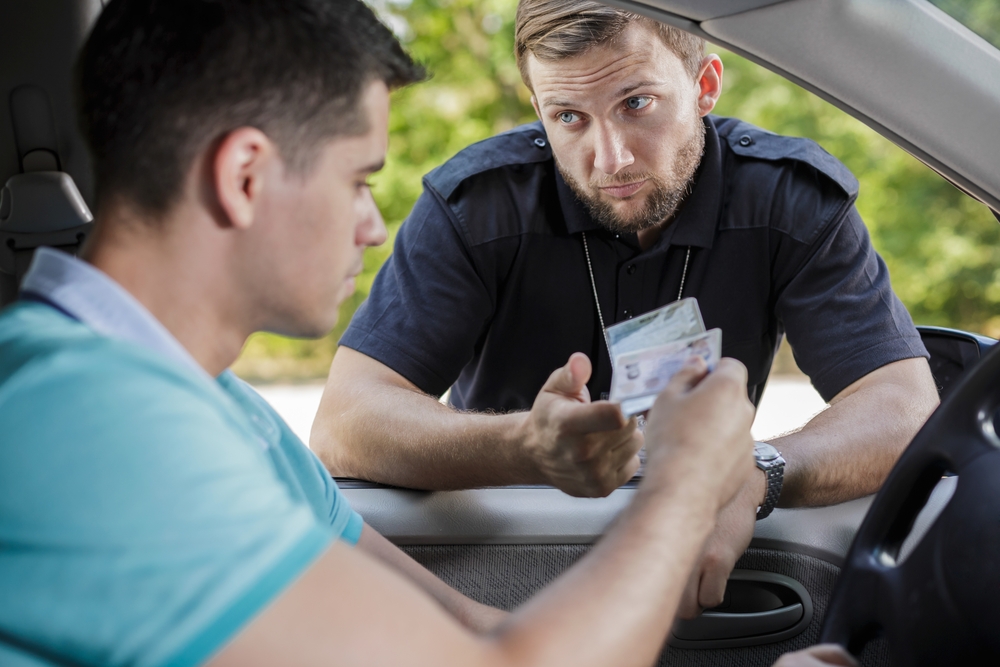
On buses or trains
Border Patrol is allowed to board buses or trains to conduct citizenship checks; however, they are not only allowed to search or pat down luggage without consent or probable cause unless they are at a port of entry.
What to do if you are detained
If you are jailed or detained, you have the right to remain silent and speak to an attorney. If you are from another country outside of the U.S., you also have the right to contact your consulate.
 Lane V. Erickson, Shutterstock
Lane V. Erickson, Shutterstock
Questions for detainees
Detainess may be asked personal information like their birthplace, the date they entered the U.S., and how long they've been in the U.S. These questions do not need to be answered and cannot be used for deportation purposes.
Be careful with documentation
Refrain from signing anything without consulting with your lawyer. This is especially important for non-U.S. citizens, as signing certain documents could mean you are agreeing to give up your opportunity to stay in the U.S.
On private property
Border Patrol is not authorized to enter any private lands that are more than 25 miles inland of the border without a warrant or consent.
Always get the agent's name
When dealing with Border Patrol, whether you are stopped, detained, or being harrassed, it's always good practice to get the agent's name, number, and other identifying information.
Videotaping at checkpoints
You are allowed to record interactions with Border Patrol on private property, during vehicle stops, and at checkpoints. However, it is against the law to record interactions on government property, such as at ports of entry.
In terms of personal documentation
This is common sense, but don't ever provide fake documents or claim that you are a U.S. citizen if you are not. Be prepared with all you valid, legal documents before travelling to the U.S.
Source: ACLU


